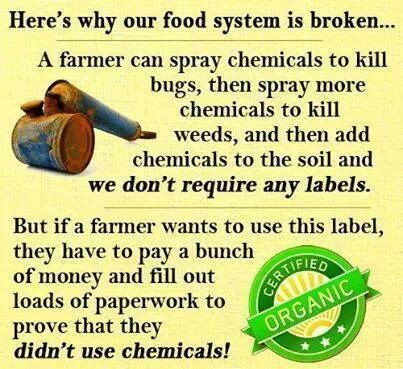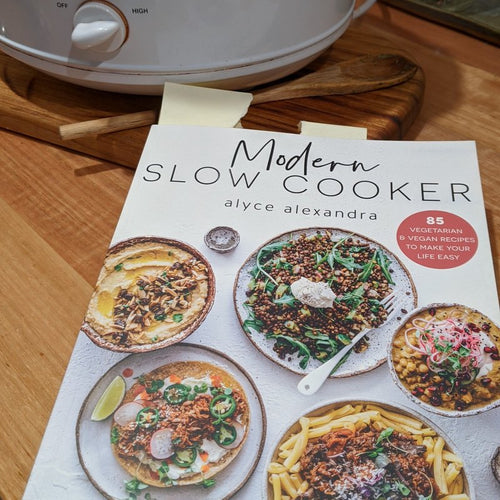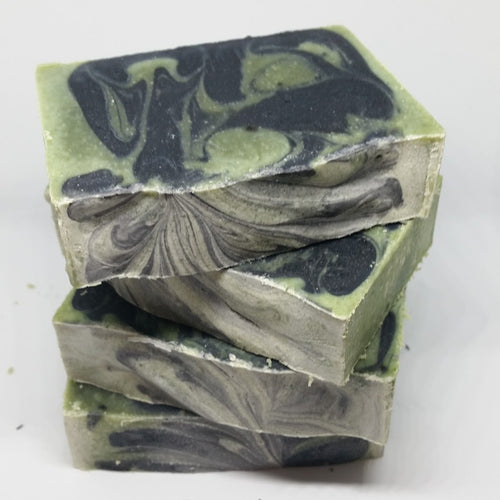Silent Spring - book review
Silent Spring was written in 1962 at a time when herbicides and pesticides had just started to enter mainstream production. They were being used indiscriminately and the devastating effects were starting to be obvious. It is shocking now to read that chemicals which are no longer available for general use were once sprayed out of aeroplanes, over forests, lakes, cities, and farms. These chemicals killed insects, birds, fish, domestic pets, farm animals, and no doubt, caused many people to get sick, if not die, as a result. And even with this clear evidence of the danger of such chemicals, Silent Spring was accused (and still is) of being hysterical and exaggerating the risk. In my view, Rachel Carson was far ahead of her time, in using the limited understanding of genomics and human metabolism at the time to predict that many of these chemicals were primary causes of cancer, as well as various environmental and health problems. This is a case of profit being put before human and environmental health, and it disgusts me that Rachel’s warnings were discredited so widely by the chemical industry.
was written in 1962 at a time when herbicides and pesticides had just started to enter mainstream production. They were being used indiscriminately and the devastating effects were starting to be obvious. It is shocking now to read that chemicals which are no longer available for general use were once sprayed out of aeroplanes, over forests, lakes, cities, and farms. These chemicals killed insects, birds, fish, domestic pets, farm animals, and no doubt, caused many people to get sick, if not die, as a result. And even with this clear evidence of the danger of such chemicals, Silent Spring was accused (and still is) of being hysterical and exaggerating the risk. In my view, Rachel Carson was far ahead of her time, in using the limited understanding of genomics and human metabolism at the time to predict that many of these chemicals were primary causes of cancer, as well as various environmental and health problems. This is a case of profit being put before human and environmental health, and it disgusts me that Rachel’s warnings were discredited so widely by the chemical industry.
Many of the chemicals discussed in Silent Spring are now banned because they have since been found to be too dangerous for routine use, but this does not render the book irrelevant. Firstly, it puts in context the amount that chemical use has been limited since the book was published and shows that we need to take seriously such warnings in future. We also should never be blasé about chemicals that are registered for general use. Just because you can buy something now, doesn’t mean that some new piece of information will result in the same chemical being deemed dangerous in the future. All farm chemicals must be treated with respect, if they MUST be used, all precautions to prevent contact with the chemical must be taken.
One thing that really struck me was the idea that these chemicals become absorbed into the cells of plants and animals with which they come into contact. That means any food that has been sprayed with pesticides and herbicides, no matter if it was within the recommended residue or with-holding period, will still contain trace (or maybe more) amounts of chemicals. Any animal that has come into contact with the spray, or eaten plants that were sprayed, will also have those chemicals in its system long after they have left the environment. The thing about organic chemicals is that many of them are endocrine (hormone system) disrupters, and that means that even trace amounts are dangerous. Even though we don’t use any chemicals directly on our animals, if we are feeding them non-organic hay or grain, they will be receiving a dose of chemical anyway. It is so frustrating that food producers don’t have to tell us what chemicals have been used on our food. To me this make organic produce no longer a "nice to have if you can afford it" idea, but really an essential for good health.

Homestead Barnhop #144
Thank Goodness its Monday #55
Clever Chicks Blog Hop #77
From the Farm Blog Hop
Simple Saturday Blog Hop
Many of the chemicals discussed in Silent Spring are now banned because they have since been found to be too dangerous for routine use, but this does not render the book irrelevant. Firstly, it puts in context the amount that chemical use has been limited since the book was published and shows that we need to take seriously such warnings in future. We also should never be blasé about chemicals that are registered for general use. Just because you can buy something now, doesn’t mean that some new piece of information will result in the same chemical being deemed dangerous in the future. All farm chemicals must be treated with respect, if they MUST be used, all precautions to prevent contact with the chemical must be taken.
One thing that really struck me was the idea that these chemicals become absorbed into the cells of plants and animals with which they come into contact. That means any food that has been sprayed with pesticides and herbicides, no matter if it was within the recommended residue or with-holding period, will still contain trace (or maybe more) amounts of chemicals. Any animal that has come into contact with the spray, or eaten plants that were sprayed, will also have those chemicals in its system long after they have left the environment. The thing about organic chemicals is that many of them are endocrine (hormone system) disrupters, and that means that even trace amounts are dangerous. Even though we don’t use any chemicals directly on our animals, if we are feeding them non-organic hay or grain, they will be receiving a dose of chemical anyway. It is so frustrating that food producers don’t have to tell us what chemicals have been used on our food. To me this make organic produce no longer a "nice to have if you can afford it" idea, but really an essential for good health.
If you are interested in the history of chemical use and a long long list of case studies listing the detrimental effects from early chemical use, Silent Spring is a relatively easy, though shocking, read. Have you read it? Any thoughts on chemical vs organic farming?
Homestead Barnhop #144
Thank Goodness its Monday #55
Clever Chicks Blog Hop #77
From the Farm Blog Hop
Simple Saturday Blog Hop























Leave a comment